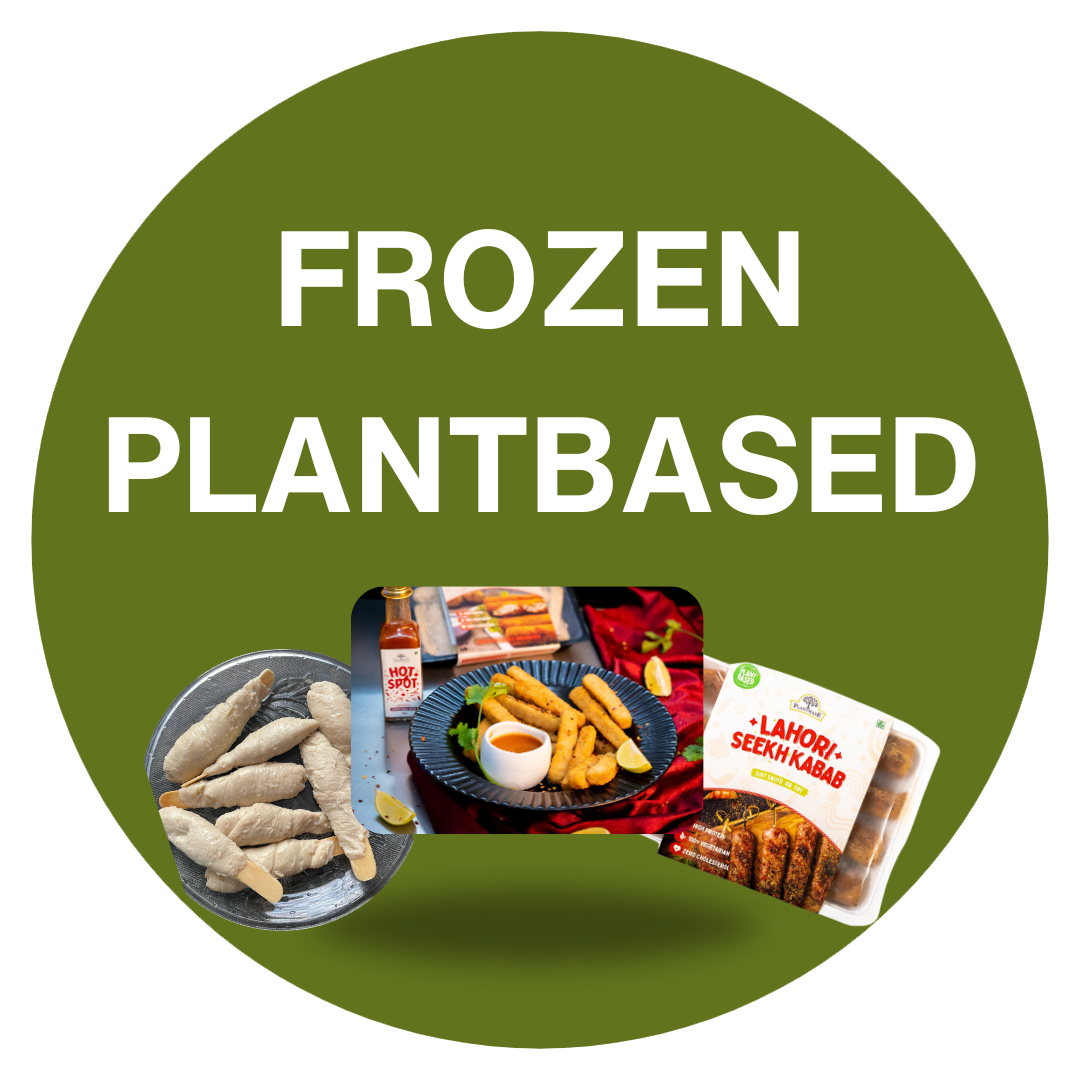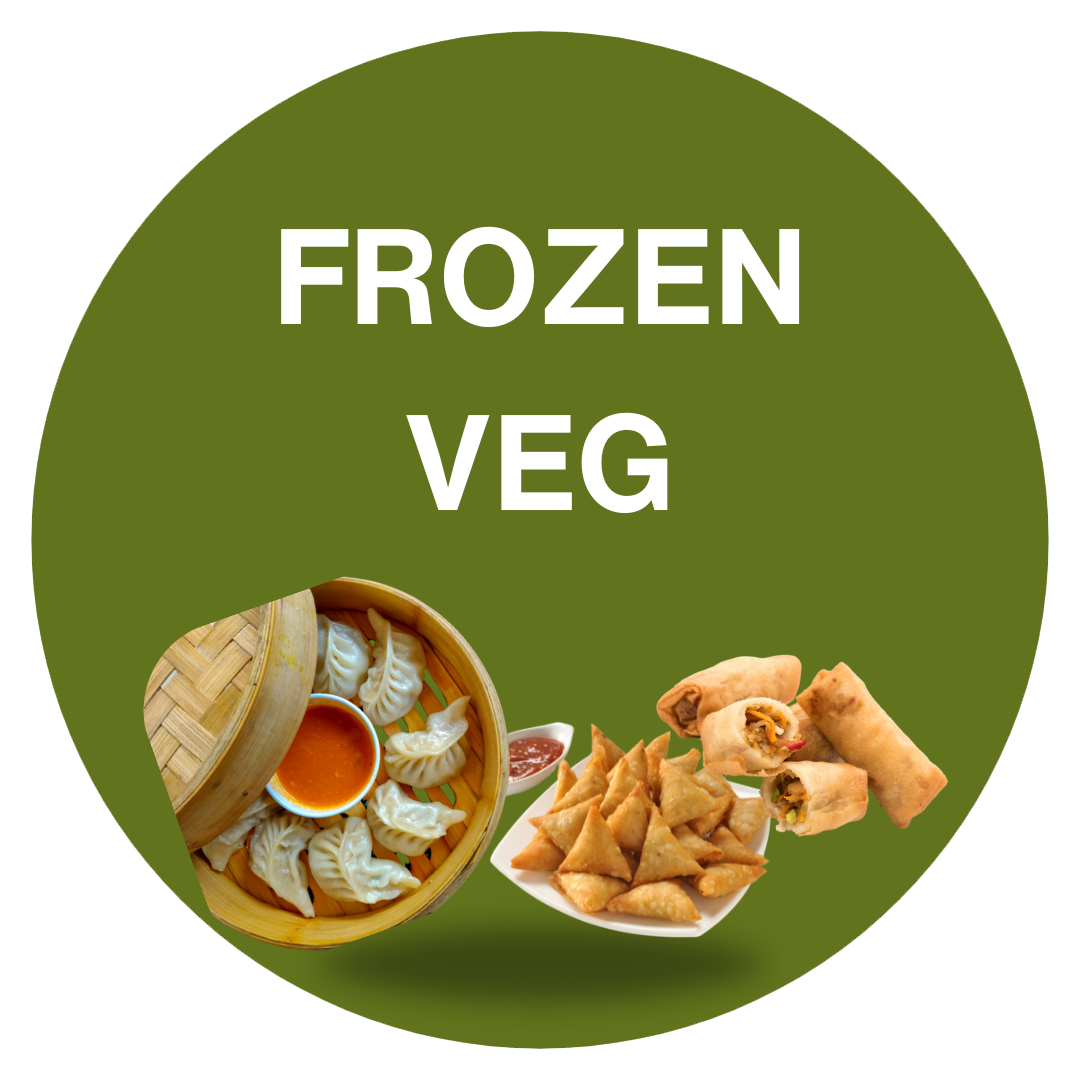In recent years, there has been a growing interest and demand for organic food products. Walk into any supermarket, and you’re likely to find a wide range of items labelled as “organic.” But what exactly does it mean when your food label says “organic”? In this article, we’ll explore the meaning behind this term and its implications for your health and the environment.
- Defining Organic: When a food product is labelled as “organic,” it signifies that it has been produced through a specific farming method that emphasizes the use of natural and sustainable practices. Organic farming aims to minimize the use of synthetic pesticides, fertilizers, genetically modified organisms (GMOs), and irradiation techniques.
- Organic Standards: To be labelled as “organic,” food producers must adhere to strict standards set by regulatory bodies. In the United States, for example, the U.S. Department of Agriculture (USDA) has established the National Organic Program (NOP) to regulate organic food production. These standards outline the criteria for organic farming, handling, labelling, and certification.
- The Benefits of Organic Food: Choosing organic food products can have several advantages. First and foremost, organic farming practices promote environmental sustainability. By avoiding synthetic pesticides and fertilizers, organic farmers help to protect soil health, preserve biodiversity, and minimize water pollution. Additionally, organic farming tends to use fewer non-renewable resources, such as fossil fuels, further reducing its carbon footprint.
- Health Considerations: When it comes to human health, organic food may offer some benefits as well. Research suggests that organic produce tends to have higher levels of certain nutrients, including vitamins, minerals, and antioxidants. Furthermore, organic farming avoids the use of antibiotics and growth hormones in animal products, reducing the risk of antibiotic resistance and potential health concerns associated with these substances.
- Understanding Organic Labels: When you encounter an organic food label, it’s essential to understand the different labelling categories. In the United States, the USDA has established three main labels for organic products: a) “100% Organic”: This label indicates that the product contains only organic ingredients and has been processed using organic methods. b) “Organic”: Products labelled as “organic” contain at least 95% organic ingredients. c) “Made with Organic Ingredients”: This label signifies that the product contains at least 70% organic ingredients but may also contain some non-organic ingredients.
- The Importance of Certification: To ensure the authenticity and reliability of organic claims, organic farmers and food processors must obtain organic certification from accredited certifying agents. These certifying agents inspect and verify that the production and handling practices comply with organic standards. Look for a USDA organic seal on the packaging to ensure the product is genuinely organic.
When your food label says “organic,” it represents a commitment to sustainable and natural farming practices. Organic food is produced with strict adherence to standards that prioritize environmental protection, animal welfare, and human health. By choosing organic, you can support a more sustainable food system, minimize your exposure to synthetic chemicals, and potentially reap the health benefits of higher nutrient levels. So, the next time you shop for groceries, consider the organic option and make an informed choice for your well-being and the planet.




